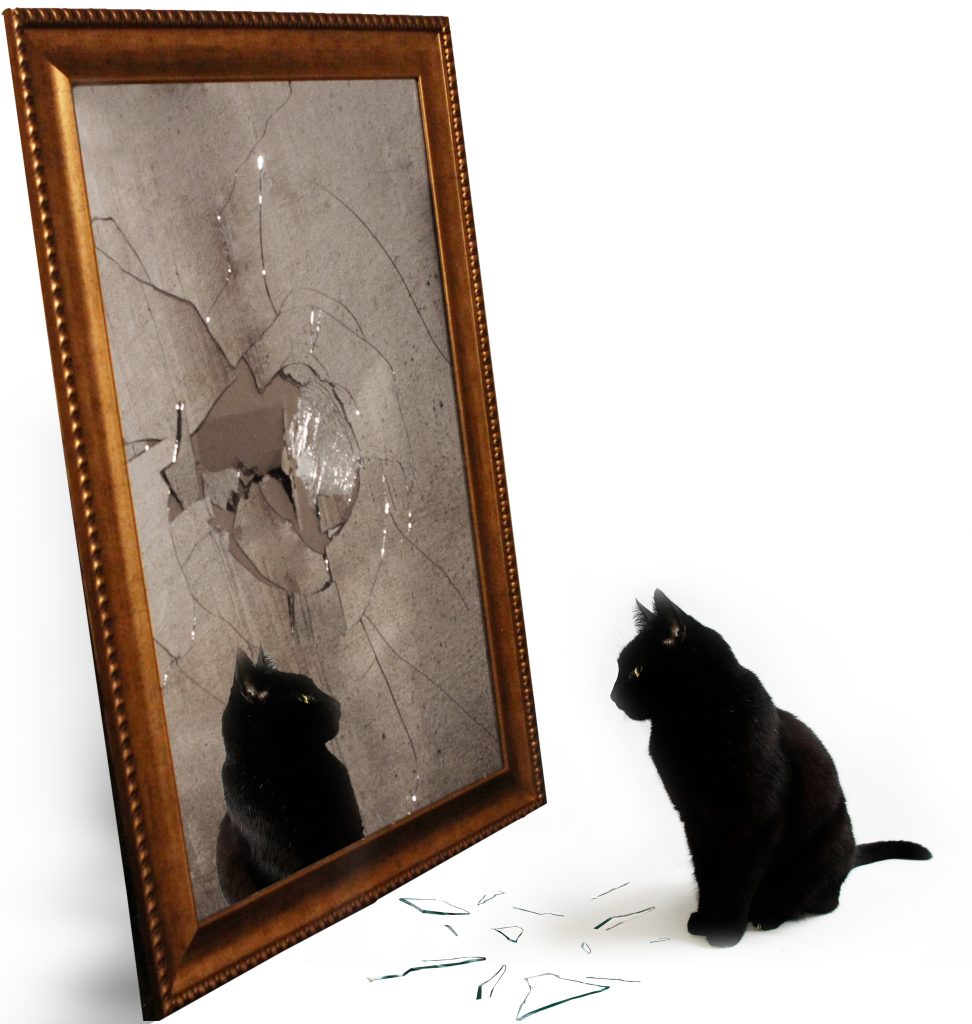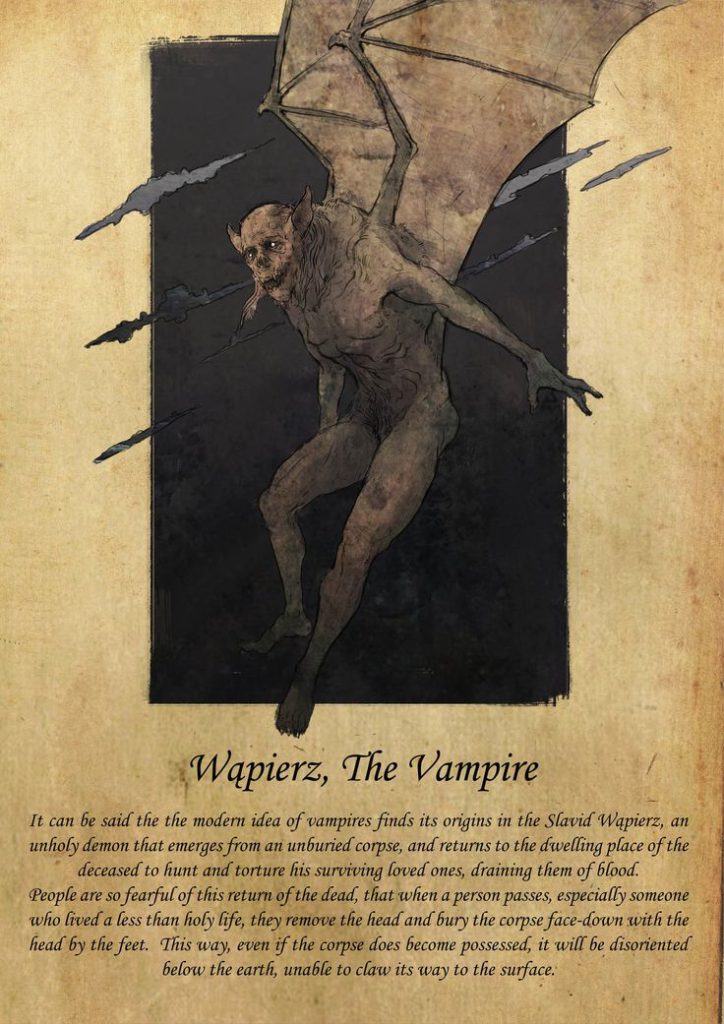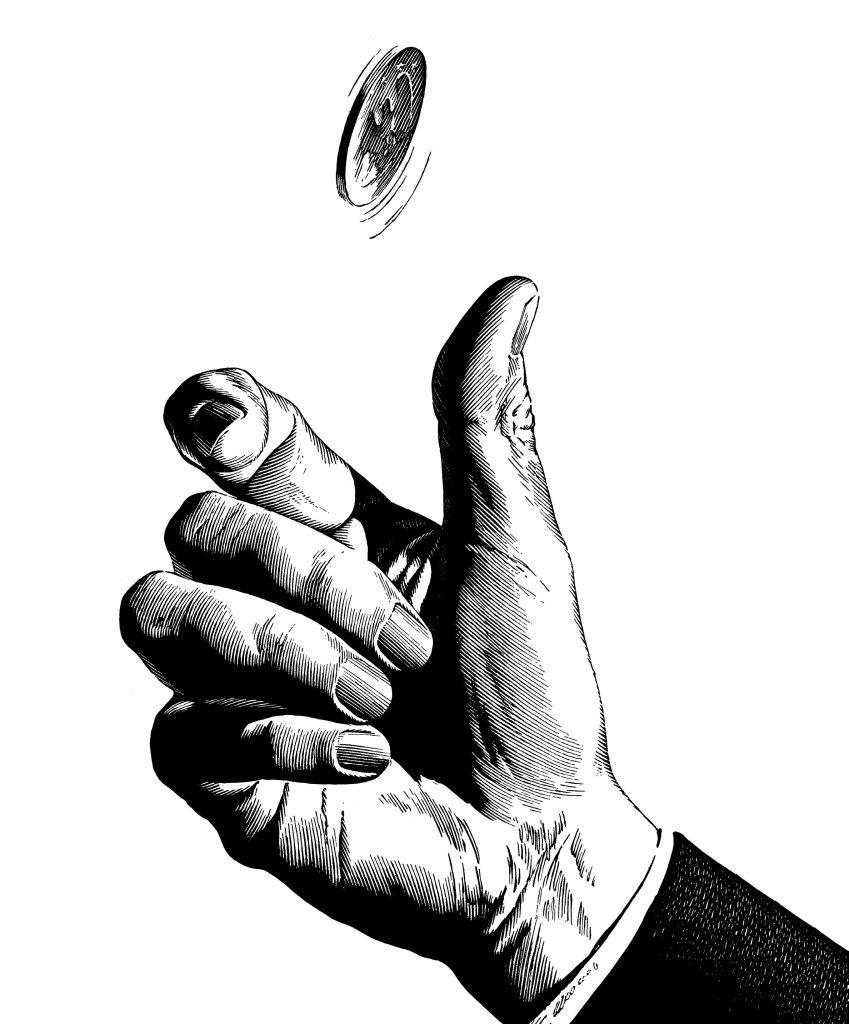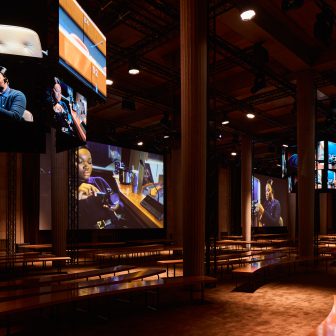An excess of religion? Compulsive disorder, spiritual belief out of context? Why engaging in superstition is one of the most universally human things we do.



Have you knocked on wood, avoided pavement cracks, or checked star signs for compatibility? If so, you’re engaging in superstition, an ancient, cultural practice linking unrelated events to mystical beliefs. Historically, Roman philosophers called it Divination. Religions have labeled others’ beliefs as superstitions, like Luther accusing the Catholic Pope. Often, early superstitions were primitive attempts at science.
In Medieval Europe, tomatoes were believed poisonous, causing illness and death. The real culprit was lead plates, as tomatoes’ acidity absorbed the lead. Behaviorists note reward-based education works for animals and humans, fostering pattern detection. This may explain personal superstitions, like lucky jewelry. Some superstitions arise from coincidence, like the Chinese association of “four” with bad luck, or practical reasons, like whistling in theaters signaling set changes.
Theater superstitions highlight how beliefs become traditions. “Break a leg” replaced “good luck,” possibly from performers taking a knee instead of bowing. In France, performers say “merde” (“sh*t”) because more manure indicated a longer, better performance. Superstitions are ancient and often change over time. For example, black cats are bad luck due to their association with witches, except in southern France and French Canada, where they’re seen as good fortune. Spilling salt is bad luck in Christian cultures, but throwing it over your left shoulder negates it by hitting the devil.






